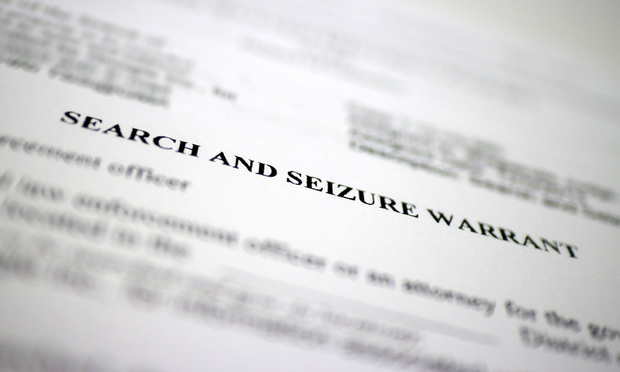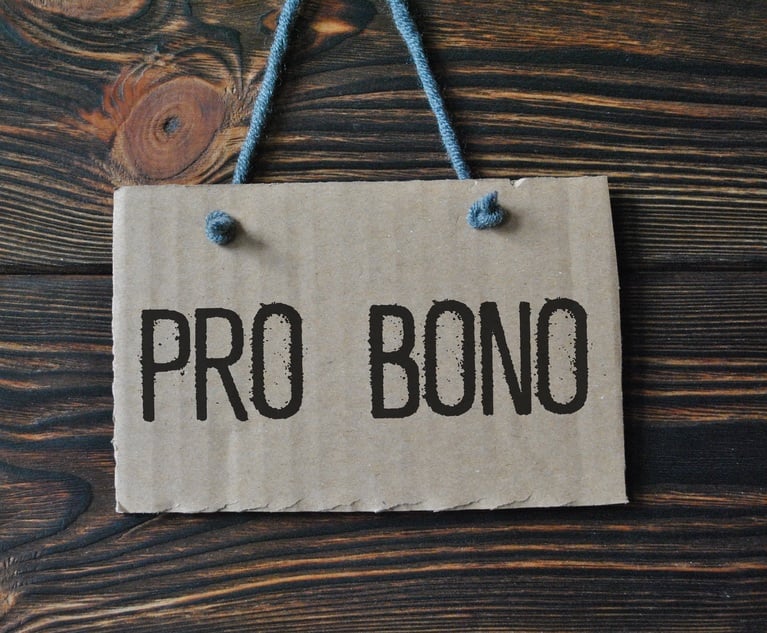After a school shooting last year, we wrote that one possible way to limit the danger of these recurrent tragedies would be to enact a so-called “red flag” statute, which allows law enforcement or family members to petition the courts to declare an individual an imminent threat to himself or others, place him under a restraining order, and temporarily seize whatever guns he owns. We noted, however, that there might be First Amendment constraints on the use of political sentiments to invoke such a statute.
Last year the Legislature enacted the Extreme Risk Protective Order Act, N.J.S.A. 2C:58-20 et seq. It authorizes the court to issue a temporary protective order, on the ex parte application of a law enforcement officer, family or household member, if the court finds “good cause to believe that the respondent poses an immediate and present danger of causing bodily injury to the respondent or other by having custody or control of … a firearm.” The temporary order bars the respondent from possessing or receiving a firearm or ammunition until further order of the court. In deciding whether to issue a temporary protective order, the court is directed to consider eight factors, among which are the respondent’s “history of threats or acts of violence.”


 Photo: Diego M. Radzinschi / NLJ
Photo: Diego M. Radzinschi / NLJ




